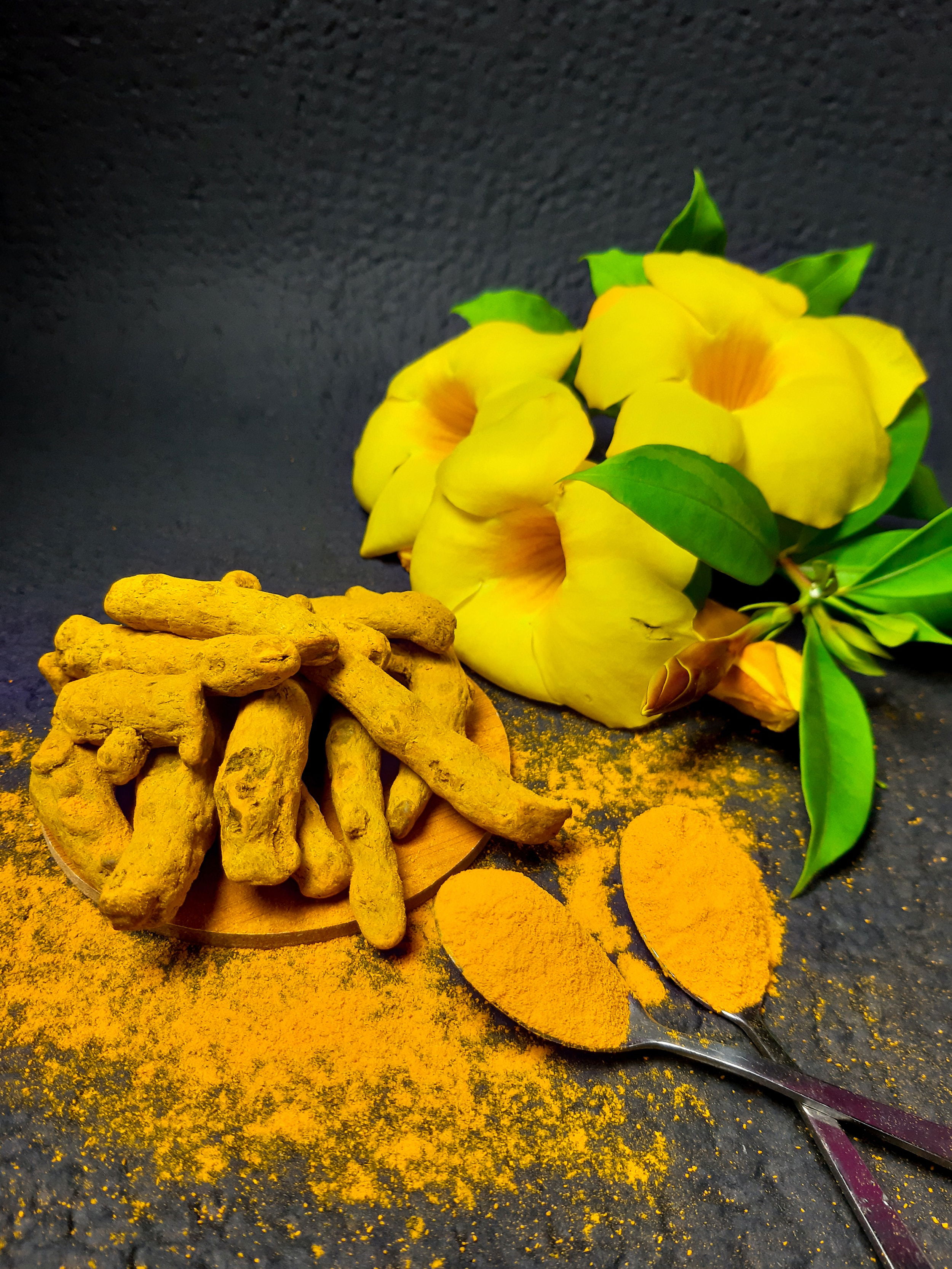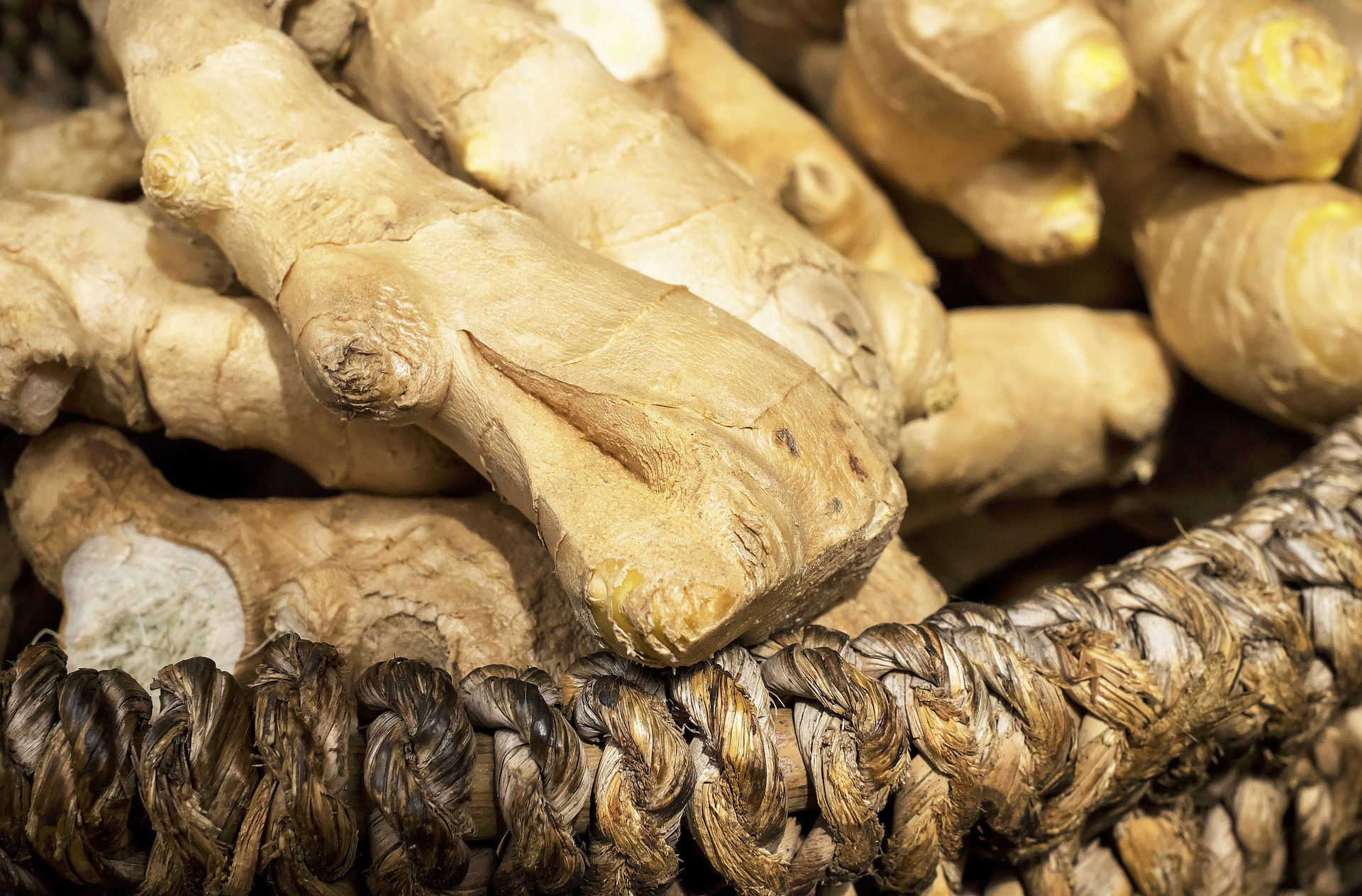Growing Demand for Fresh Ginger in the UAE
Ginger is a popular ingredient in many dishes and beverages in the United Arab Emirates, known for its distinctive flavor and health benefits. However, in recent years, the UAE has been experiencing a shortage of fresh ginger, which has led to an increase in prices and a growing demand for import.
In this article, we will explore the reasons behind the shortage of fresh ginger in the UAE, the benefits and uses of ginger in the local market, and the strategies that can be implemented to meet the growing demand for this versatile ingredient.

1. Introduction: Growing Demand for Fresh Ginger in the UAE
Overview of the Rising Demand for Ginger
The United Arab Emirates has undergone a significant transformation in the past few decades, with a growing appetite for cultural diversity and consumer trends. One notable trend that has gained popularity in the UAE market is the consumption of fresh ginger. The demand for ginger has risen steadily, not only as a spice but also as a medicinal herb, leading to a shortage of supply.
The Importance of Ginger in the UAE Market
Ginger is a crucial component of Emirati cuisine as it adds a distinct flavor to traditional dishes such as Machboos and Harees. Besides its use as a condiment, ginger is also considered an essential ingredient in traditional medicine, as it is believed to alleviate many ailments such as colds, nausea, and headaches.

2. Current State of Ginger Production in the UAE
Statistics on Current Ginger Production
Despite the growing demand for ginger, the UAE has limited production, with current estimates suggesting that local cultivation meets just 10-15% of the country's demand. The UAE primarily imports ginger from countries such as India, Thailand, and China.
The Most Common Ginger Varieties Grown in the UAE
In the UAE, the most common ginger varieties grown include Jengibre and Canton. However, the production of fresh ginger remains challenging due to several factors, mainly the country's arid climate and lack of suitable farmland.

3. Reasons for the Shortage of Fresh Ginger in the UAE
Natural Disasters and Climate Issues
The United Arab Emirates' arid climate and lack of fertile farmland make it challenging to cultivate ginger locally. The production of ginger requires specific growing conditions such as humidity, soil quality, and adequate rainfall, which the UAE does not have.
Low Supply and High Demand
The UAE's demand for ginger has grown drastically in recent years, while the country's local production only meets a fraction of this demand. The high demand and low supply have led to a surge in prices and a shortage of fresh ginger in the country.
Difficulties in Transporting Ginger
The transport of ginger from producing countries to the UAE is another challenge. Ginger requires proper handling and storage to prevent damage and ensure the product's freshness. Additionally, lengthy transport times and unexpected delays can also impact the quality of the ginger upon arrival.

4. Benefits and Uses of Ginger in the UAE
Traditional Uses of Ginger in the UAE
Ginger has been a part of traditional Emirati medicine for centuries, believed to have numerous benefits such as aiding digestion, relieving headaches, and reducing inflammation.
Modern Applications for Ginger in the UAE
Ginger's uses in the UAE have expanded beyond traditional medicine to include various modern applications such as skincare, haircare, and beverages. Ginger tea, in particular, has gained popularity in the country for its known health benefits, such as boosting the immune system and aiding digestion.
In conclusion, the United Arab Emirates' growing demand for fresh ginger has led to a shortage of local supply due to various challenges such as the country's arid climate and difficulties in transportation. Despite these challenges, ginger remains a crucial ingredient in Emirati cuisine and traditional medicine, with expanding modern applications.

5. Importing Ginger: Challenges and Opportunities
When it comes to meeting the demand for fresh ginger in the UAE, importing ginger is a viable solution. However, there are both challenges and opportunities in this approach.
Current Imports of Ginger to the UAE
The UAE currently imports ginger from various countries including India and China. According to the International Trade Centre, the UAE imported 7,260 metric tons of ginger in 2019, with a total value of $8.1 million.
Challenges in Importing Ginger
Importing ginger to the UAE can be challenging due to various factors, including transportation costs and regulations. Ginger is a delicate root that requires careful handling, and transportation costs can be high due to its perishable nature. Additionally, import regulations can be strict, which can lead to delays and additional costs.
Opportunities in Importing Ginger from Other Countries
Despite the challenges, there are opportunities in importing ginger from other countries. By diversifying its import partners, the UAE can reduce its dependence on a single source of ginger and ensure a steady supply. Additionally, partnering with countries that have lower transportation costs and less stringent regulations can help reduce costs.

6. Strategies for Meeting the Demand for Fresh Ginger in the UAE
To meet the growing demand for fresh ginger in the UAE, several strategies can be employed.
Investing in Local Ginger Production
Investing in local ginger production can help reduce the UAE's dependence on imports and ensure a steady supply of fresh ginger. This could involve providing incentives for farmers to grow ginger or establishing research and development programs to enhance the quality of locally grown ginger.
Encouraging More Import Partnerships
Encouraging more import partnerships can help ensure a diverse supply of fresh ginger. The UAE can explore partnerships with countries that have a strong ginger production industry and less stringent import regulations.
Collaborating with Ginger Farmers in Other Countries
Collaborating with ginger farmers in other countries can help establish long-term partnerships and ensure a steady supply of high-quality ginger. This could involve providing training and resources to farmers to improve their ginger production techniques.

7. Conclusion: The Future of Ginger Production in the UAE
As the demand for fresh ginger continues to grow in the UAE, it is important to consider strategies for meeting this demand. Investing in local production, diversifying import partners, and collaborating with farmers in other countries are all viable solutions. With the right approach, the UAE can secure a stable supply of fresh ginger, ensuring that consumers can enjoy this versatile root for years to come.
The Growth Potential of Ginger Production in the UAE
The UAE has the potential to increase its ginger production by investing in research and development programs, providing incentives for farmers, and improving ginger cultivation techniques.
The Importance of Meeting the Demand for Fresh Ginger
Fresh ginger is an essential ingredient in many dishes and is also valued for its medicinal properties. Meeting the demand for fresh ginger is important for both the culinary and health industries in the UAE.
In conclusion, the demand for fresh ginger in the UAE is on the rise, and it is critical to develop strategies that will meet this demand. Investing in local production, importing from other countries, and collaborating with farmers are some of the possible solutions to the ginger shortage. The good news is that ginger production has growth potential in the UAE, and meeting the demand for fresh ginger can lead to a more stable and profitable market for this essential ingredient.

FAQ:
1. Why is there a shortage of fresh ginger in the UAE?
There are several reasons for the shortage of fresh ginger in the UAE, including natural disasters, climate issues, low supply and high demand, and difficulties in transporting ginger.
2. What are the benefits of ginger in the UAE market?
Ginger is a popular ingredient in many dishes and beverages in the UAE, known for its distinctive flavor and health benefits. It is believed to have anti-inflammatory properties and may help with digestion and nausea.
3. Can the UAE grow its own ginger?
Yes, the UAE has the potential to grow its own ginger. However, it may face challenges due to the country's climate and limited land for agriculture.
4. What are the strategies for meeting the demand for fresh ginger in the UAE?
There are several strategies that can be implemented to meet the demand for fresh ginger in the UAE, including investing in local ginger production, encouraging more import partnerships, and collaborating with ginger farmers in other countries.
